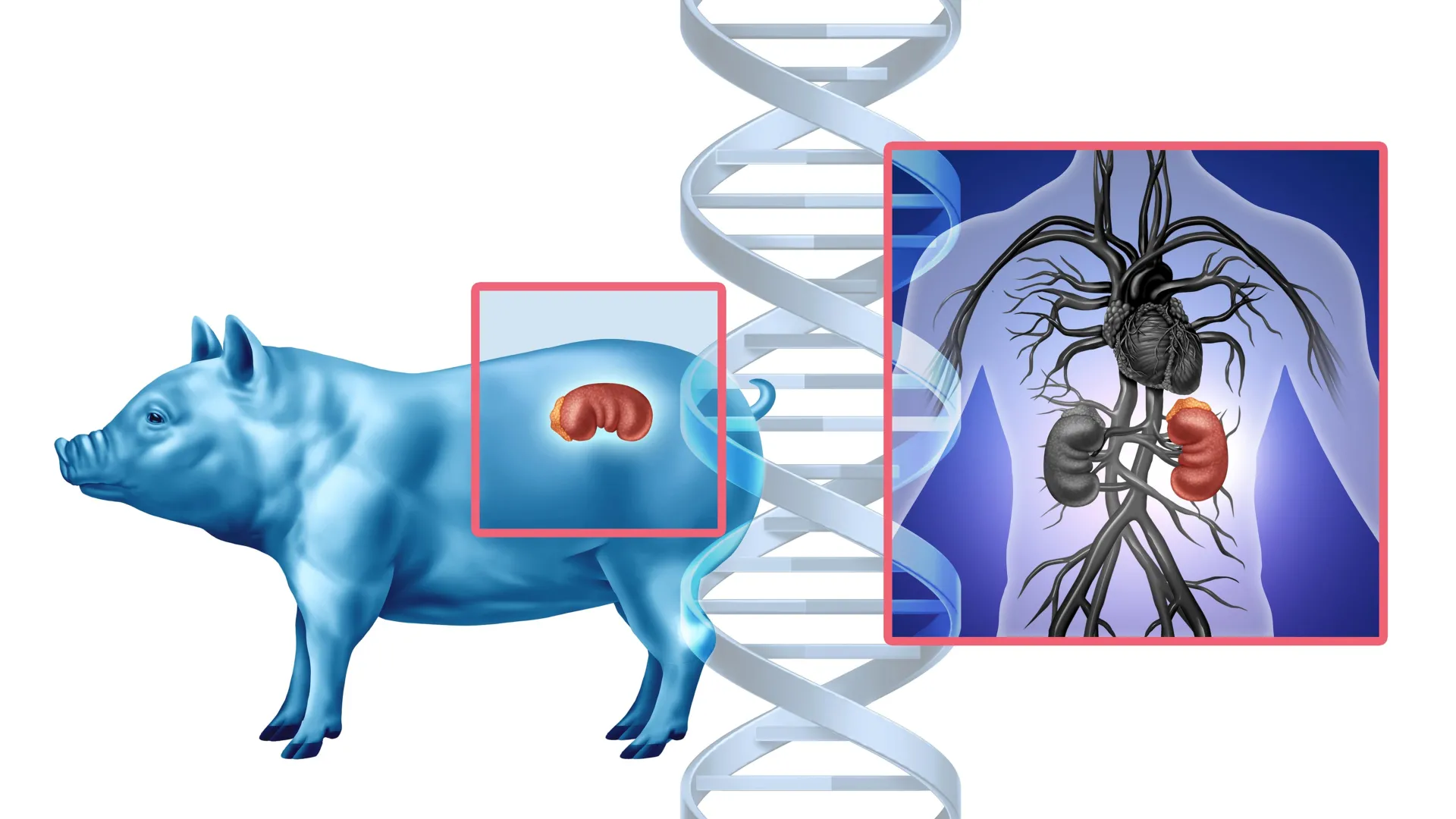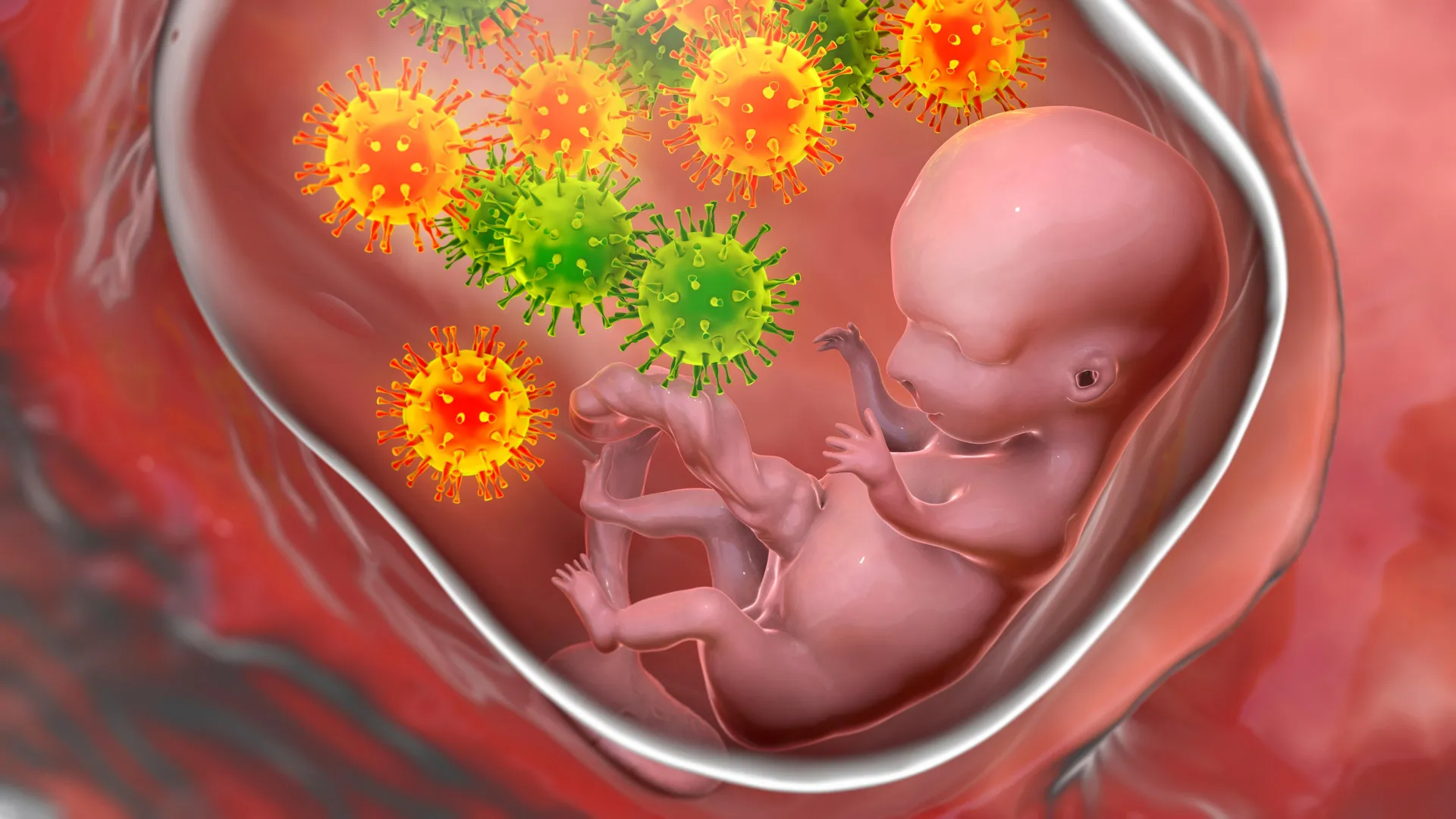Now Reading: Scientists Decode Body’s Rejection of Pig Organs, Reveal Potential Solutions
-
01
Scientists Decode Body’s Rejection of Pig Organs, Reveal Potential Solutions
Scientists Decode Body’s Rejection of Pig Organs, Reveal Potential Solutions

Speedy Summary
- A groundbreaking study on pig-to-human kidney xenotransplantation was presented at the ESOT Congress 2025,offering detailed insights into immune rejection mechanisms.
- Using spatial molecular imaging, researchers identified early markers of antibody-mediated rejection beginning at Day 10 and peaking by Day 33 post-transplantation.
- The study mapped human immune cell interactions with pig kidney tissue for up to 61 days, revealing prevalent roles of macrophages and myeloid cells in mediating rejection.
- Targeted therapeutic interventions successfully weakened immune-mediated signs of rejection during the study period.
- Research advances pave the way for improved anti-rejection treatments, genetic modifications in donor pigs, and better monitoring protocols for xenotransplants.
- Genetically modified pig kidneys could address global organ shortages but require further evidence of safety and efficacy before regulatory approvals.
Indian Opinion Analysis
The pioneering findings from this research represent a major step forward in overcoming the challenges associated with xenotransplantation. By identifying specific molecular indicators of rejection and mapping how immune responses develop over time, scientists are building a foundation for more reliable anti-rejection treatments. This has important implications for tackling India’s own ongoing organ shortage crisis, where demand outstrips supply across transplant waiting lists.
Key breakthroughs like targeted interventions to suppress immune response suggest that genetically modified animal organs might provide an choice solution to thousands awaiting critical care. However, logistical hurdles-such as regulatory reviews on safety efficacy-require careful navigation before this technique becomes viable in clinical practise.
Moreover, advancements like bioinformatic tracking open doors for broader applications in precision medicine within transplant ecosystems globally. India’s robust medical infrastructure could benefit greatly from adopting these innovations as they mature while ensuring ethical guidelines safeguard patient welfare during future trials or deployments.
























